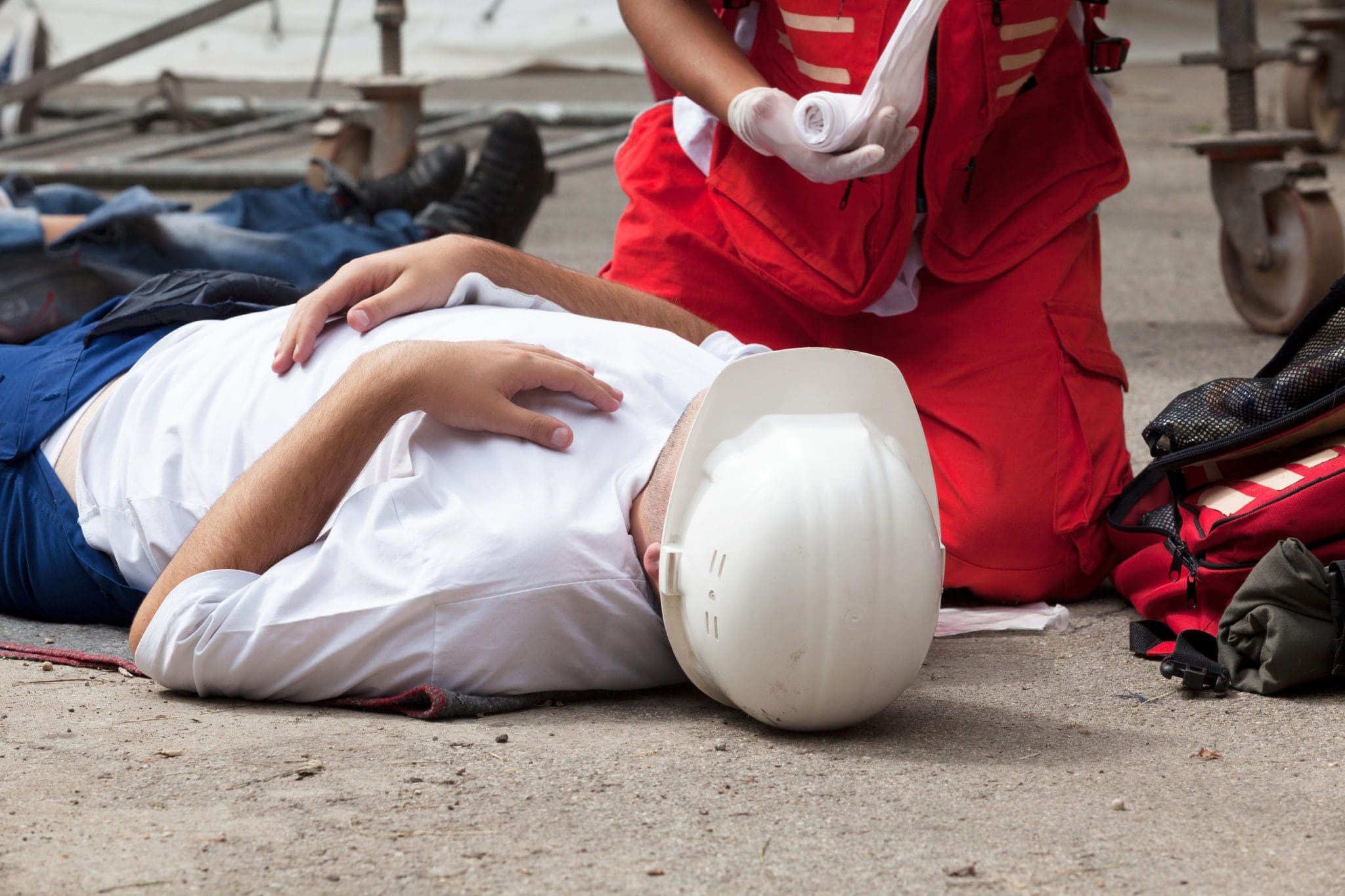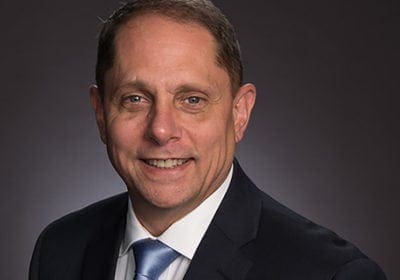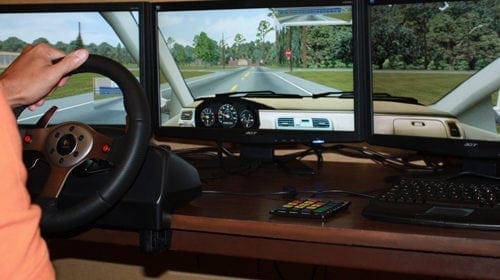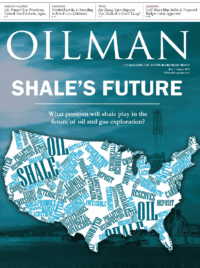When working in the oil & gas industry, prevention is the strongest form of protection against workplace injuries. Taking extra measures to avoid injury helps ensure you and your employees stay safe.
The following sections detail the most common oil-field injuries and tips to help prevent them. Incorporating these recommendations into your daily work processes can help your workers and your job sites stay injury-free.
Struck-By Injuries
“Struck-by” injuries are defined by OSHA as any injury produced by forcible contact or impact between the injured person and an object or piece of equipment. Some of the most common causes are sling failures, bad connections and improperly-secured pressurized lines.
To stop sling malfunctions from happening, make sure that slings are inspected prior to every use, not just through routine inspection. Educate yourself and your staff on the proper use of the different types of slings and their unique working loads. Slings should be stored out of weather when not in use to keep them from suffering unnecessary wear.
Properly executed and maintained pipe and hose connections are vital to a safe and secure rig. In addition, all pipe connections should be made precisely to the manufacturer’s specifications; this includes not over-tightening connections in an attempt to ensure a tight seal.
Pressurized line malfunctions can be very dangerous. In order to protect against malfunction, make sure all pressurized lines have the proper whip chicks to help restrict them in case of a connection failure. Each line’s specific working pressure should be monitored, and all lines and valves should be pressure-tested after maintenance of any kind is performed.
Vehicle Accidents
On-site and transportation vehicle accidents can often be prevented by imposing and holding drivers to strict guidelines. Ensure all drivers stay within legal drive time limits and are not encouraged or pressured to continue driving if fatigued. To monitor and protect against distractions, cell phone blockers can be installed to prevent any non-emergency cell phone usage while driving.
Establish a driver program that includes the following checks to ensure your drivers are well protected as well as taking their responsibility to themselves and their employer seriously. This can protect both your company and your drivers and allow you to rest assured knowing that your drivers are operating responsibly.
Driver programs can include:
- Motor vehicle record checks
- An established acceptable number of violations within a given time frame
- Driver evaluations
- Road observations
- Vehicle inspections
- Discipline policy for Driver-Policy violations
- Establish or enforce an existing pre, post, random and for cause drug testing policy
Reaction to Chemicals and Welding Flash Burns
Common welding flash burns are often caused by improper use or lack of welding hoods and lenses and no additional protection under hoods. They can be prevented simply through care and attention.
All welders should be educated on the proper use of different welding hoods and lenses and equipped with the proper lenses and hoods for the type of welding being performed. If possible, welders should be spaced out so that they are not working next to each other. When close proximity between workers is unavoidable, set up flash screens and ensure all workers wear eye protection beneath hoods and lenses to help avoid flash from others nearby.
Regardless of type, chemicals should always be handled with care. Any personnel handling chemicals on the job site should be properly trained and educated on the handling and use of chemicals they will be working with. In case of an accident, there should always be a means to remove chemicals from employee’s skin and eyes nearby. Employees who handle chemicals should bring a change of clothes in the event that their clothes become saturated if spills occur. All spills should be cleaned up immediately and, when their use is finished, all chemicals should be properly stored in approved containers.
Richard Perkins, CSP, is the safety services manager for LWCC. Headquartered in Baton Rouge, La., LWCC is a private nonprofit mutual insurance company that is rated “A” (Excellent) by A.M. Best Company. As the largest writer of workers’ compensation insurance in Louisiana, LWCC employs over 240 people and serves approximately 20,000 policyholders in the state. Named to the 2017 Ward’s 50 group of top-performing insurance companies, LWCC was recognized for achieving outstanding results in the areas of safety, consistency and performance over a five-year period, 2012–2016. For more information, please visit www.lwcc.com.











